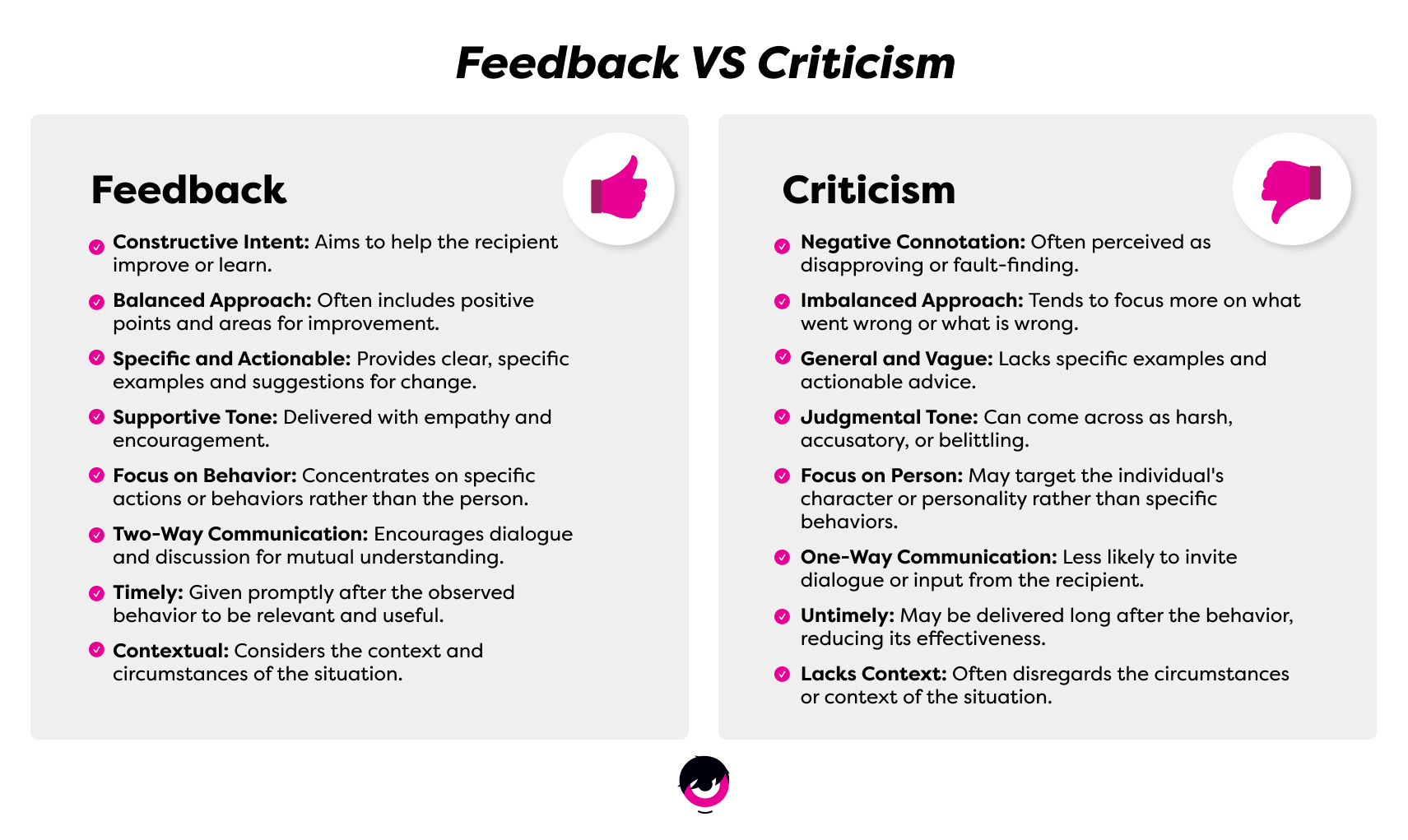Most of us are well aware of the crucial importance of effective performance appraisals: in fact, 81% of managers are striving to improve their performance management processes to gain strategic efficiency and promote employee motivation and development. Among other benefits, performance reviews help to align organizational and individual objectives, engage employees behind a common mission, and provide professional development opportunities.
Read on to get a free performance evaluation template as well as helpful tips to improve your performance review process.
Psst… we have a bonus performance appraisal templates to share with you at the end of this article!
Benefits of Using Performance Evaluation Templates
First of all, you may be wondering why you should use an employee appraisal template to conduct your performance reviews. Here are some of the benefits offered by these types of templates:
- They help you stay on the right track throughout the interview;
- They ensure all employees are evaluated on the same criteria;
- They help establish relevant individual goals;
- They provide an overall assessment of strengths and weaknesses;
- They consider the employee’s personal ambitions and needs;
- They offer a vision of compensation adjustments and salary expectations;
- They ensure that you keep a written record of results and comments;
- They encourage active participation from the manager and the employee;
- They can be adapted to all performance appraisal methods;
- They promote problem-solving and constructive approaches;
- They highlight professional development opportunities.
In short, with performance evaluation templates, companies and employers can align individual and organizational objectives, while employees benefit from a clear and fair skills assessment process.
Get a free employee performance appraisal template:
Simplify performance management for your entire team!
Key Components of an Effective Performance Appraisal Template
Key elements of performance review templates vary depending on the performance appraisal method you have chosen. First of all, you need to choose a method that considers your organizational reality and business strategy, and then build a template that corresponds to your needs.
Here are some of the essential components of any employee appraisal form:
1. Performance expectations and evaluation criteria
Whatever evaluation method you choose, it’s important to define clear evaluation criteria and communicate them to your employees. These criteria (punctuality, quality of work, flexibility or innovation, for example) are the basis for your template. All together, they create an evaluation scale that all team members will understand and strive to achieve.
2. Technical and soft skills
Your performance appraisal form should include an assessment of all your employees’ professional skills, including technical and soft skills. Soft skills should not be overlooked during your performance review meeting, as they are often the core qualities behind a successful team. These can include, for example, interpersonal skills and effective communication skills, positive attitudes or teamwork and leadership.
3. Achievement of team and personal objectives
During your previous performance appraisal, you more than likely set individual and collective targets for each of your team member. Your appraisal form should therefore give room to an assessment of goal attainment and encourage constructive exchanges on the subject.
4. Constructive comments and areas for improvement
Your performance evaluation template must give you the opportunity to share constructive feedback with the appraised employee. Your feedback should include recognition of the employee’s contributions, but also suggestions for improving work methods and setting new and stimulating challenges.
If you use a 360-degree feedback system, don’t forget to leave room for the employees’ co-workers and the worker themself so that they can share their comments on the appraisal form.
5. Continuous improvement and growth opportunities
The aim of any performance appraisal is to motivate employees to progress and achieve new professional goals, which will encourage them to learn, develop and thrive. Your review form should include a section detailing the development, training and career advancement opportunities you wish to make available to your employee over the next performance review period.
6. Follow-up and support
The manager or direct supervisor must be given the space and opportunity to schedule the next appraisal interview and set up follow-up meetings to ensure that company objectives and individual targets remain aligned. This is key to promote professional development and job performance on a daily basis.
Even if your company only has annual performance reviews in place, your employees need frequent one-on-one meetings with their manager to remain productive and effective. Therefore, our appraisal form should include the date of your next meeting with the evaluated employee.
Tips for Successful Performance Reviews
Follow the following tips to conduct successful performance reviews and get the most out of your employee appraisal template:
Carefully prepare for your performance meeting
Before the performance interview, you should collect employee performance data and take all the notes you need to build a constructive dialogue with the worker. You should go in with a solid assessment of the employee’s professional qualities, areas for improvement, avenues for development and aspects you want to highlight and appreciate.
Establish open and transparent communication
From the outset of the performance appraisal, let the employee know that the interview will consist in an open, constructive discussion in which everyone can express themselves with complete honesty. Show transparency and respect to lead a conversation that will make a real difference to the employee’s productivity, motivation and future career in the company.
Strike a balance between recognition and constructive criticism
While it’s essential to find areas for improvement in order to develop ever more relevant working methods that support the achievement of objectives, you still need to strike a balance between constructive criticism and recognition.
Take the time to highlight contributions while bringing up the more negative points with respect and honesty. If you find the right balance, employees will be encouraged to give their best, knowing that their contributions are noticed and appreciated.

Have a constructive and positive attitude
Whatever the outcome of the performance review, try to maintain a positive and constructive approach throughout the interview. Even if most of your comments concern negative points or aspects to be improved in the future, you should always suggest solutions to the issues. Think in terms of problem-solving rather than dead-end criticism.
Set clear and achievable goals
You need to set objectives that match your employee’s interests and ambitions to boost their individual performance. Make sure they the goals you define are SMART (Specific, Measurable, Achievable, Realistic and Time-bound) to ensure impartiality and give your team the best chance of success. Share all the tools, resources and tips and tricks you have to help your employees reach their objectives in the best conditions.
Offer personalized support
Depending on the employee’s personality and position, you need to offer specific and personalized support. In all cases, it’s important to let them know that you’re available to answer their questions and help them make progress on a daily basis. Regardless of the frequency of your performance appraisals, one-on-one meetings are essential to adjusting everyone’s objectives and ensuring that the whole team is on the same page.
Give your employees room to speak and thrive
Throughout the interview, encourage your employee to express themselves without fear by setting up a transparent and constructive environment. Ask them about their interests and ambitions for the future, and about the projects and tasks that stimulate them the most. By doing so, you will be able to offer professional development opportunities that match both your organizational strategies and the employee’s main sources of motivation.
By following our advice and using an effective employee evaluation form, you will ensure that your performance appraisal process is relevant and effective at all times. Need other tools to assess your teams’ performance? Feel free to download:
- Our end-of-probation evaluation template;
- Our employee self-appraisal template;
- Our complete guide to employee performance management.
Want to optimize your team’s productivity and streamline your management? Choose Folks’ powerful and flexible performance management software!
Optimize your employee performance management processes:
Evaluate team productivity and goal attainment with Folks’ features!

